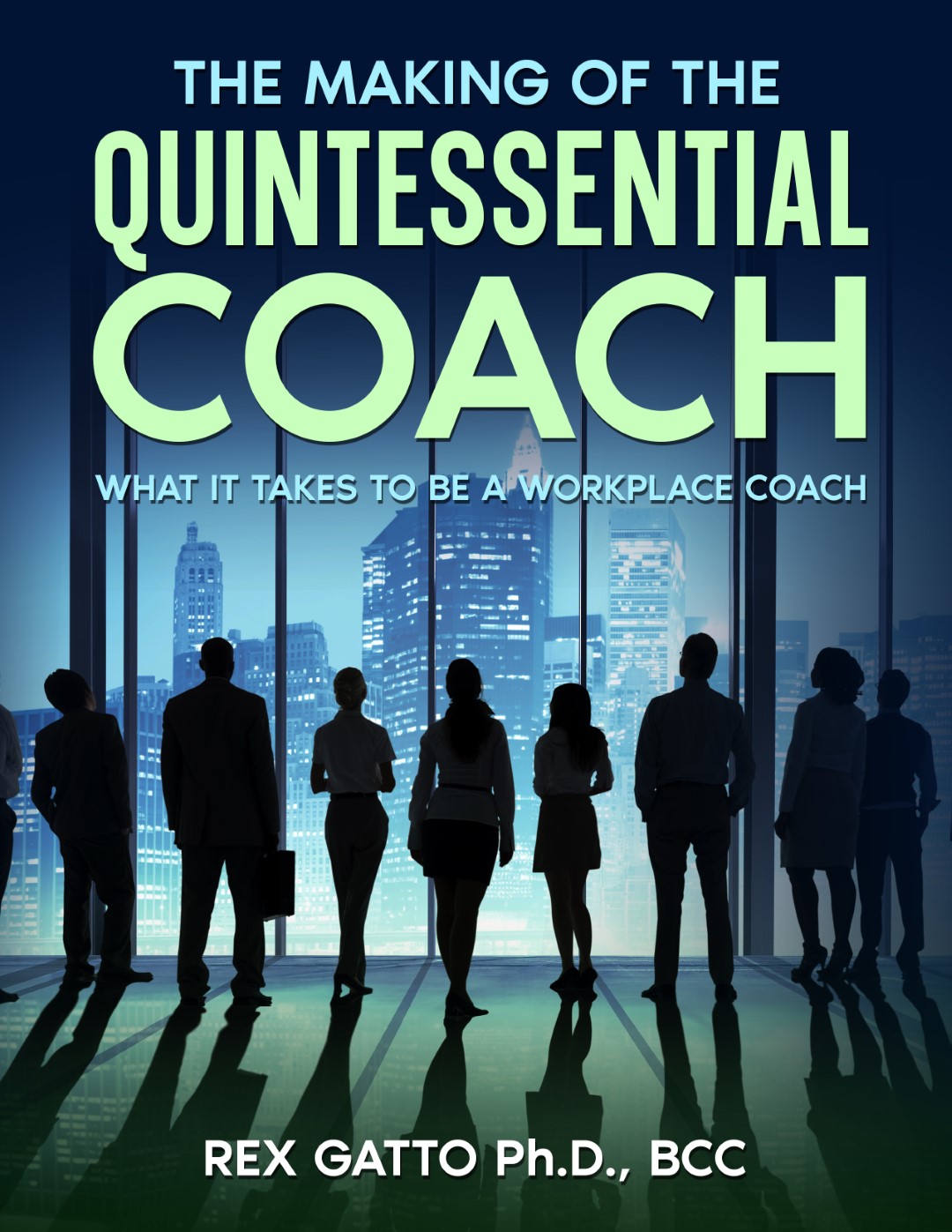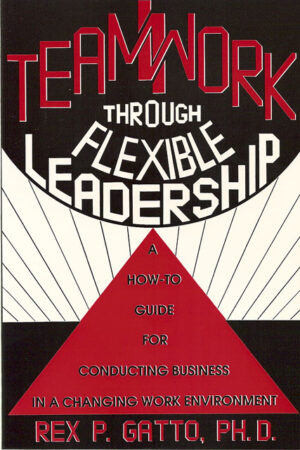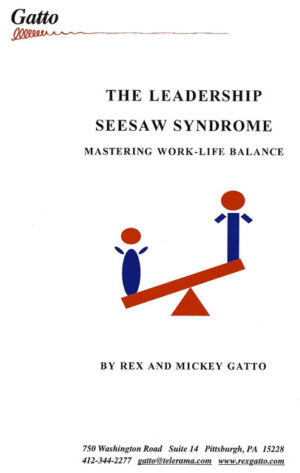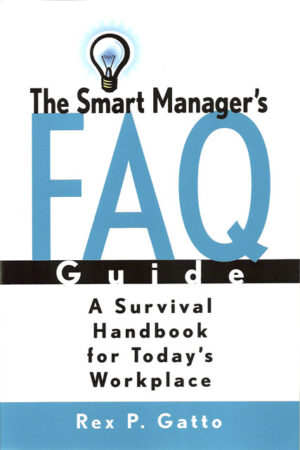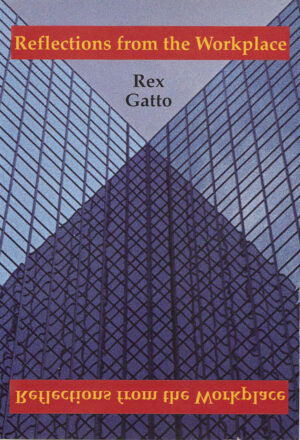Description
Certified coaching (modern day) is a relatively new and rapidly evolving process that, over the last two decades, has found its niche in the workplace within all organizations at levels, from CEO to employee. Each chapter of this book outlines the complete coaching process, client commitment, and the philosophy to educate and expand the thinking of coaches. The dramatic events of the last few years have created a divided society and tumultuous workplace. Coaches can create a calming effect that can address many of the concerns and issues facing clients. Workplace coaching is not a desire or a special privilege: it is a need to help people navigate a dynamic workplace. This book addresses the issues, shows coaches how to be effective, and, in particular, how to become a Board-Certified Coach.
Coaching is thousands of years old. The early philosophers, religious leaders, and prophets asked questions to expand peoples’ thinking. Socrates knew that, by asking questions, he helped others explore hidden thoughts for growth and development. To ask and expand present thinking is not a new concept, but coaching has helped to refine it to a practice and develop skills for others to learn. A coach is a person devoted to the support and growth of others. It is an other-directed activity, not for self- gratification but for the development of the client who is a piece of clay waiting to be shaped through their own exploration and journey under the guidance of the coach. The coach helps to create the roadmap along with the client and is the tour guide through a process in which they will grow and go to a place different from where they started.
Clients create their own unique explorative development paths forward. Clients choosing coaching always have a response to the process which they own. The coach gives each client the opportunity to explore but the responsibility of the exploration and growth belongs to the clients. The clients do the heavy lifting and are accountable for their growth. The clients set personal and professional goals. Without goals there is no coaching!
The coach is to serve as a developmental guide for the coachee. To serve as a guide, the coach will need to explore individualized paths for development, listen empathically to understand, be an advocate for the client, and support hope for the client’s future. The business of coaching is the growing of people to be confident, caring, mentally healthy, expanding the client’s thinking, and wanting more than ever to explore their options for personal and professional growth. Through their growth clients will be responsible, accountable and filled with wonderment for their path forward. The development of a growth vision is the goal for each client. It is the responsibility of the coach to support the client’s enhancement of autonomy and self-responsibility. It is the client’s responsibility to work on personal growth and address concerns and areas for enhancement. The tools presented in the book may be used with clients to ensure that they are developing and growing in their understanding of self.
Finally, there are many certifications a coach may hold. Each type of certification, while having a different name, teaches the basics of coaching. Because someone performed well in a particular job does not mean they have the skill set to be an effective coach. Coaches need to be certified by an accredited body that indicates the coach has studied the coaching process and has an understanding of coaching concepts. Certified coaches must also pass qualifying exams which attest to competency.
This book gives a coach the information needed to be an effective, understand his/her approach to coaching, and to prepare the coach for the coaching process.

